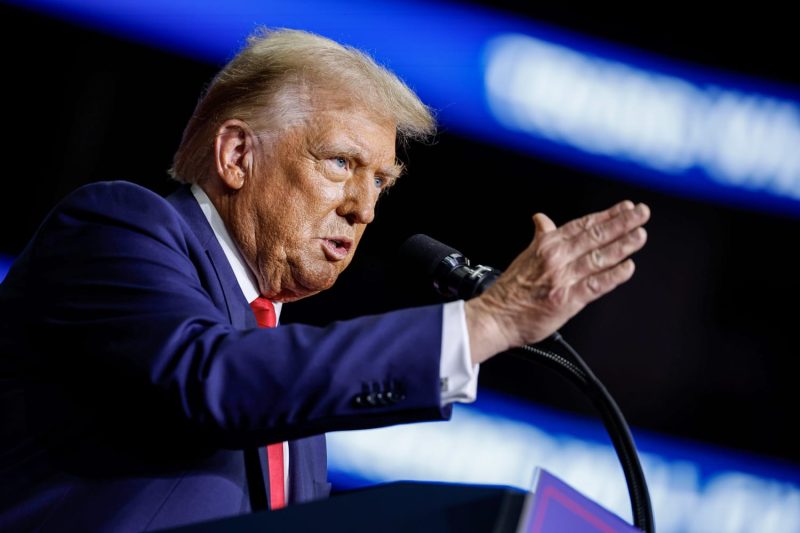As the horn of global trade wars sounded louder in 2019, the Trump administration nested a series of tariffs and trade threats. With the ensuing climate of unpredictability, several U.S. corporations found themselves scrambling for advocates and loopholes to either mitigate or maneuver through the crossfire. Trader groups were quick to take action, their response being a noticeable hike in lobbying spending to gain a firm footing on the trade policy roller coaster. The buzz generated by these activities brought to light intriguing aspects of American businesses’ response to the tariff-war instigated by the immediate past president, Donald Trump.
In the wake of Trump’s tariff measures, there was a predictable hike in the demand for lobbyists. Trade associations, farmer groups, and multinational firms in the U.S. saw the wisdom in wielding influence and swaying decision-making in Washington. Lobbyists were thus engaged to advocate for these businesses, to present arguments for exemptions, and to work over potential loopholes that might soften the blow of the corresponding tariff increases.
In fact, data from the Center for Responsive Politics, a non-profit, nonpartisan research group that tracks the effects of money and lobbying on elections and public policy, revealed a marked increase in lobbying spending related to tariffs. According to the group’s data, lobbying outlay linked to tariffs rose from around $12.2 million in 2016 to a staggering $60.9 million in 2019, a jump of about 400%.
Indeed, these numbers underscore the urgency; the high stakes in play as corporations invested heavily in lobbying to try and lighten the burden of the tariff threats. Furthermore, the increased lobbying spending represents an attempt by these U.S. companies to protect both their overseas market stakes and domestic standing amid the trade-policy uncertainty. Essentially, it was a collective play of proactive survival responding to a radical policy that threatened to capsize an already delicate and complex global trade scenario.
Meanwhile, the scramble of U.S. companies extended beyond lobbying as they looked for loopholes to potentially lessen the impact of the tariffs. The policies implemented by the Trump administration did allow for some level of exemption if companies could prove that certain imported goods aren’t sufficiently available from U.S. producers or that the application of the tariffs would cause severe economic harm. Consequently, corporations raced to identify and exploit these exceptions, thereby creating what came to be known as a ‘tariff engineering’ approach.
For instance, some corporations tried to reclassify their products under different tariff codes where the rates were lower. Others explored alternatives such as shifting production bases and revising supply chains. Still, others explored filing applications to the Commerce Department petitioning for their products to be exempted from the tariff rises.
However, openly taking advantage of such loopholes or exemptions wasn’t without risks. The Trump administration, aware of these potential moves, implemented strict scrutiny of applications for exemptions, and businesses ran the risk of invoking the wrath of President Trump, who took to Twitter multiple times to express his displeasure with companies seen as sidestepping the tariffs.
In essence, the tariff threats by the Trump administration put U.S. companies in a reactive mode, pushing them to amplify lobbying efforts and seek creative approaches to mitigate the potentially damaging effects on their operations and profitability. This scramble underscores the complex tapestry of global trade and the impact that unilateral and disruptive policy changes can have on corporations. It also brings to the forefront the resilience and adaptiveness of American businesses in weathering the challenges brought on by policy-induced trade wars.




